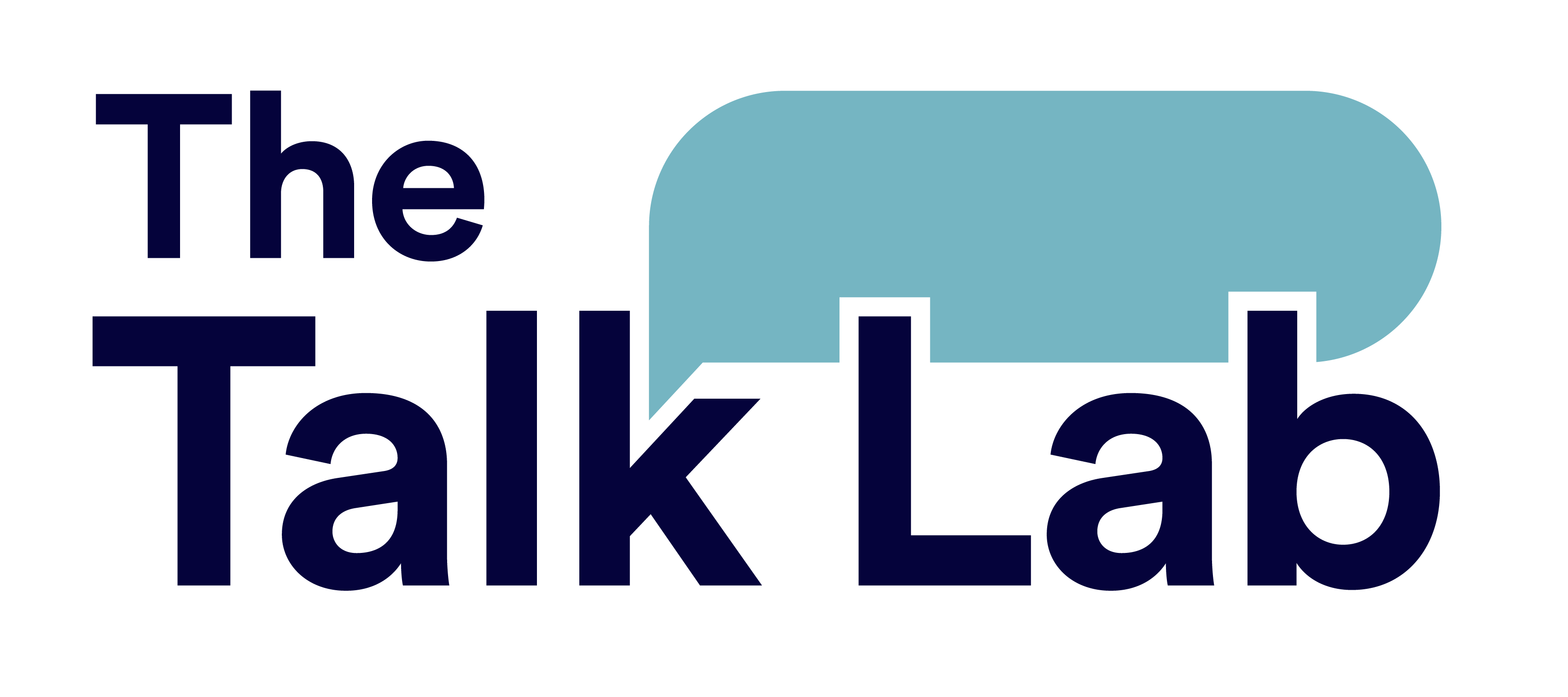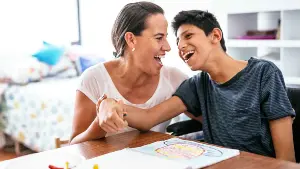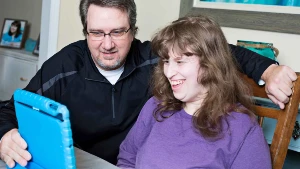Foster and nurture effective communication skills for your child
At the talk lab, we specialize in guiding families and children from diverse backgrounds towards mastering successful communication skills, enabling them to thrive to reach their full potential.
Why choose us?
Personalized Approach

At The Talk Lab, we understand that every individual is unique. Our speech therapy services are tailored to meet the specific needs and goals of each client, ensuring personalized support and targeted interventions
Expertise of
Lee Tran

Led by experienced speech pathologist Lee Tran, our team brings a wealth of knowledge and expertise to every therapy session. With years of experience working with clients of all ages and backgrounds, Lee Tran is dedicated to helping individuals unlock their communication potential.
Holistic Care

We believe in taking a holistic approach to communication development. Our therapy programs address not only speech and language difficulties but also consider factors such as social communication skills, confidence-building, and overall well-being.
Family-Centered Practice

At The Talk Lab, we recognize the importance of involving families and caregivers in the therapy process. We work collaboratively with parents, siblings, educators, and other support networks to maximize progress and ensure long-term success.
Evidence-Based Practices

Our therapy programs are based on the latest research and evidence-based practices in the field of speech pathology. We stay up-to-date with advancements in the field to provide our clients with the most effective and innovative interventions
How our clients feel about us!
My Planet Childcare Centre
Thank you for everything
Frequently Asked Questions
Speech therapy is a specialized form of therapy aimed at improving communication skills, including speech, language, voice, fluency, and swallowing disorders. It is provided by trained professionals called speech-language pathologists (SLPs) or speech therapists.
- Limited vocabulary: If your child has a smaller vocabulary compared to peers of the same age.
- Difficulty understanding: Struggling to follow instructions or understand questions.
- Problems with speech clarity: If others find it hard to understand your child.
- Stuttering: Frequent interruptions in the flow of speech.
- Social communication issues: Difficulty with social interactions, such as making eye contact or taking turns in conversation. If you notice any of these signs, it might be time to consult with a speech pathologist.
You don’t require a doctor’s referral to consult with a speech pathologist. If you have concerns about your child’s communication difficulties, you can directly schedule an appointment with us.
Speech therapy helps children improve their communication skills through various techniques, exercises, and activities tailored to their specific needs. These may include articulation exercises, language drills, play-based therapy, social communication skills training, and augmentative and alternative communication (AAC) methods.
A typical speech therapy session involves assessment, goal setting, targeted intervention activities, and progress monitoring. Sessions may include a combination of direct therapy, parent education, and home practice recommendations.
The duration of speech therapy varies depending on the individual needs and goals of the client. Some clients may require short-term intervention to address specific issues, while others may benefit from ongoing therapy to achieve long-term communication goals.
The frequency of speech therapy sessions depends on the severity of the communication disorder and the recommendations of the speech therapist. Initially, sessions may be more frequent, gradually tapering as progress is made.
Yes, parents and caregivers are encouraged to participate in speech therapy sessions to learn strategies and techniques for supporting their child’s communication development at home. Family involvement is an integral part of the therapy process.
Yes, your child’s progress will be regularly monitored and evaluated by the speech therapist through formal assessments, informal observations, and ongoing communication with you. Adjustments to the therapy plan will be made as needed to ensure progress is being made toward the established goals, practice recommendations.




